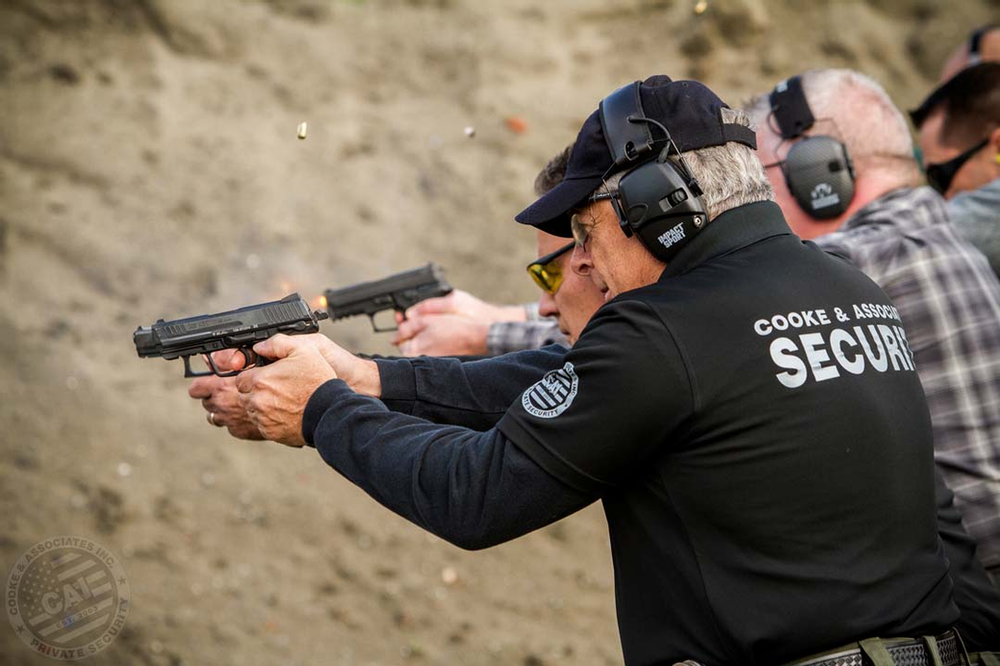As we continue this month’s series on Nearshoring and Executive Security, we highlight the state of crime in Mexico and share observations made during our south-of-the-border protective services work throughout this year. Even with elections over a year away, U.S. companies doing business in Mexico continue to face a number of obstacles due to stateside political rhetoric and an unpredictable front-runner in Mexico’s presidential race. In the meantime, the countries’ drug cartels continue to grow and develop sophisticated operations which could result in a greater security risk if not addressed in a more direct manner.
Crime
Over the past five years, Mexico has experienced a significant rise in crime rates, with official statistics revealing a substantial increase in violent incidents. According to data from the Mexican Secretariat of Security and Civilian Protection, the national homicide rate has surged to alarming levels. In 2018, there were over 33,000 homicides reported, and this number has continued to rise, reaching over 38,000 in 2022.
In June of 2022, Baja began seeing an increase in the presence of multiple cartels with three to four different criminal organizations making an attempt to control the region. Shortly thereafter, one cartel effectively shut down much of the northern Baja region by declaring a curfew, putting up roadblocks and burning over two dozen vehicles. The shutdowns were felt throughout Tijuana, Tecate, Mexicali, Ensenada and Rosarito Beach and resulted in U.S. Consulate to issue a shelter in place for all U.S. government personnel. The Mexican government responded by sending hundreds of military troops to support the existing 3,000 National Guards and 2,000 Tijuana police force already in place.
Tourist destinations, once considered havens of tranquility, have not been immune to this surge in crime. Cancun, which previously had lower levels of crime, has recorded a 150% increase in homicides from 2017 to 2022. Earlier this year a Mexican Businessman was shot and killed in the beach town of Tulum. Similarly, Cabo San Lucas, Puerto Vallarta, and the Yucatan Peninsula have witnessed spikes in criminal incidents, raising concerns about the safety of both local residents and international visitors. Cartels have expanded their operations into these tourist hotspots, engaging in activities such as drug distribution, extortion, and territorial disputes, creating an environment of uncertainty and insecurity.
Traditionally safer areas of Mexico City such as Polanco– an upper-class neighborhood favored by international business travelers, have also seen a rise in violent crime as criminal groups vie for more control of the international airport, drug trafficking routes, and local consumption markets. In April, a man allegedly tied to a Mexican drug cartel was killed in a Starbucks inside one of Polanco’s upscale malls.
Most notably, Mexico has seen a rise in the murders of police officers. In October, the Mexican government sent 300 National Guards to bolster the southern state of Guerrero where a local police chief and 12 officers were shot dead in a brutal ambush the day before. According to recent reports, 361 police officers have been killed in Mexico so far this year.
Also noteworthy for the year is that cartels have focused their attention on crimes that have directly affected nearshoring companies. Supply chain and logistics experts have ranked Mexico as one of the highest risk countries for cargo theft and truck hijackings and recent reports estimate an average of 35 hijackings or trailer thefts daily. Incidents of kidnappings and extortion have also surged this year.
Observations
With the dynamics of Mexico and the evolving operational environment, the protection of corporate travelers remains in high demand. As in years past, we’ve tracked data and trends from our work along with information from our partners in the protection industry. The following are trends we are seeing.
Many companies looking to open or expand operations in Mexico are having security-related discussions earlier in their planning stages.
While a majority of senior-level managers and executives continue to utilize private security transportation while in Mexico, traveling employees are less secure relying on travel websites for hotel recommendations and ride-sharing programs for transportation.
Almost all travelers were unaware of the emergency services available at their foreign destination.
For those taking commercial flights and not utilizing any form of secured transportation, a majority have indicated that they use an unvetted car service where drivers greet them at baggage claim by either holding a sign with their name or their company’s logo.
A significant number of executive travelers expressed concerns when they initially departed an airport in Mexico but admittingly became less concerned when they were distracted by their mobile devices.
Many executive travelers disliked the use of GPS technology during travel but understood its purpose.
An overwhelming number of travelers felt comfortable when entering a hotel lobby and admittingly “let their guard down,” once inside the hotel lobby. In addition, they were unaware that hotel lobbies were a common place for surveillance and incidents involving luggage and identity theft.
Many travelers were unaware of the “no-go” areas of the city they were visiting, and many relied on their local driver to provide that information.
In part 3 of our series, we explore ways to enhance security levels without impacting travel and business operations.
// COOKE & ASSOCIATES INC.
At Cooke & Associates, Inc., our cross-border mission has always been clear: Ensure the safety and productivity of executives traveling between border cities. We recognize the importance of understanding local and regional culture and adapting on the move, which is why our agents are extremely successful in the intricacies of each region they operate in. Whether it’s conducting business in bustling urban centers or remote locales, our experts ensure a seamless and secure journey for our valued clients.
We understand that executives have a multitude of responsibilities and business goals to focus on. That’s where we step in. Our trained and experienced agents manage all logistics and coordination, taking the worry off our clients. From transportation arrangements to executive protection, CAI manages all aspects of the movement allowing our clients to concentrate on their business objectives without any interruptions or inconveniences.


